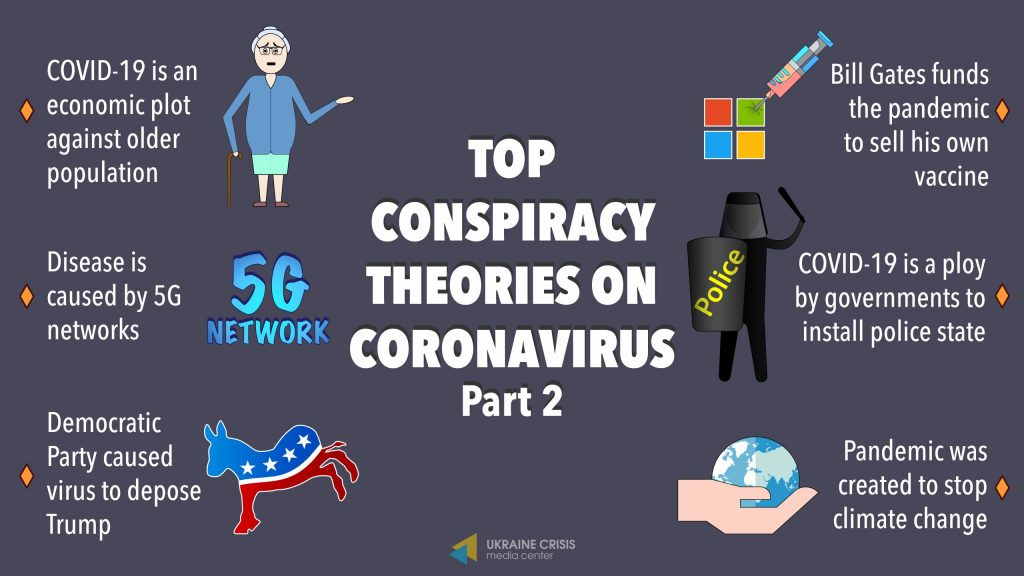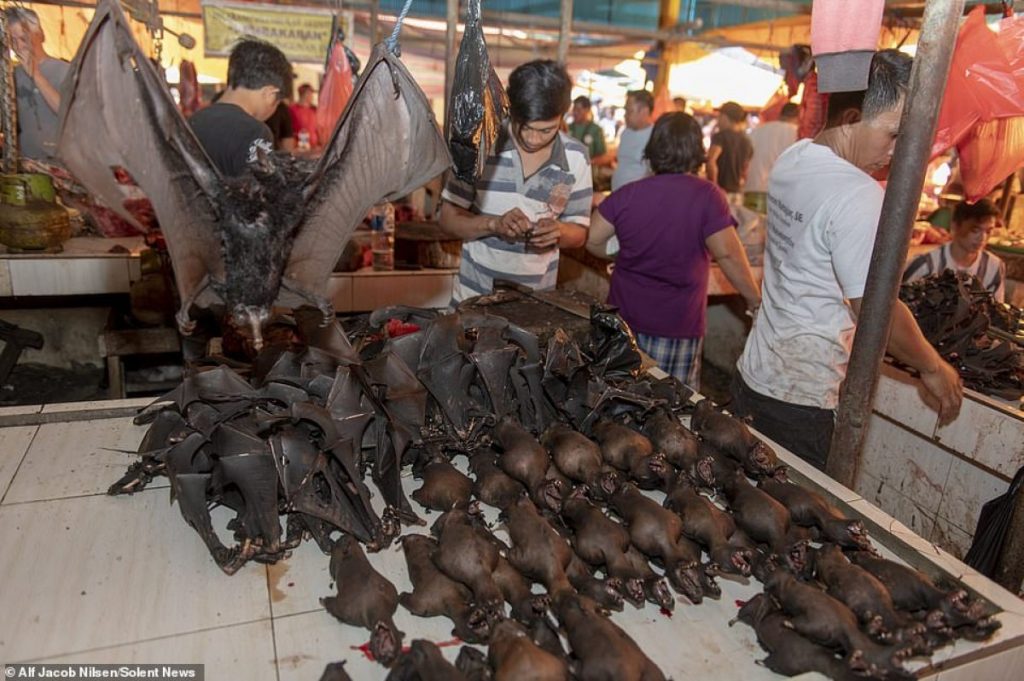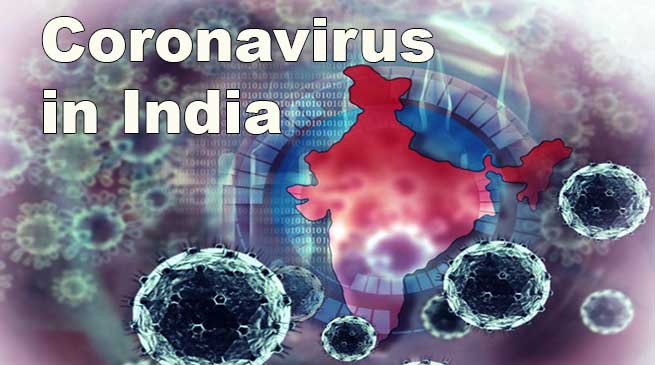NANDITA HAKSAR throws a whole lot of new light on an old diabolical story of biological warfare, and it is not new vis-à-vis the current novel coronavirus pandemic taking a toll of human life in India and globally…
WHEN we think of epidemics smallpox comes to mind. We remember it as a disease which was successfully eradicated by a vaccine — but it was also a virus used as a weapon for biological warfare 33 years before the vaccine was invented. In India, we have grown up listening to stories of dreaded diseases and every family has a memory of some epidemic or the other. The most dreaded was the smallpox, a disease for which the only cure seemed to be desperate prayers to Sheetla Mata, the goddess of ‘smallpox.’ Smallpox was one of the deadliest diseases known to humans and it affected people around the globe. But the history of smallpox holds a unique place in the history of medical sciences; it is the only human disease to have been eradicated by vaccination. The smallpox vaccine was the first successful vaccine to be developed. It was introduced by Edward Jenner (1749-1823). He observed that milkmaids, who previously had caught cowpox, did not catch smallpox. The global eradication effort initially used a strategy of mass vaccination campaigns to achieve 80% vaccine coverage in each country, and thereafter by case-finding, followed by ring vaccination of all known and possible contacts to seal off the outbreak from the rest of the population. The vaccine was discovered in 1796 and in 1980 the World Health Organisation (WHO) announced that the disease had been successfully eradicated from the world. Smallpox, a biological weapon? While so much effort had gone into the eradication of the dreaded disease, there were some people who saw the smallpox as a weapon for war; a weapon to defeat their enemies. In other words, smallpox was used as a biological weapon. Sir Jeffrey Amherst, the commander of the British forces in North America, deliberately used smallpox to diminish the native American population hostile to the British. An outbreak of smallpox in Fort Pitt provided Amherst with the means to execute his plan. On June 24, 1763, Captain Ecuyer, one of Amherst’s subordinate officers, gifted the native Americans with smallpox-infected blankets from the smallpox hospital. He recorded in his journal: “I hope it will have the desired effect.” As a result, a large outbreak of smallpox occurred among the Native American tribes in the Ohio River Valley. This was not the first use of a biological weapon in history and unfortunately not the last. Biological warfare (BW) — also known as germ warfare – has been defined as the use of biological toxins or infectious agents such as bacteria, viruses, insects and fungi, with the intent to kill or incapacitate humans, animals or plants, as an act of war. The use of biological weapons is prohibited under customary international humanitarian law, as well as several international treaties. The use of biological agents in armed conflict is a war crime. Biological warfare was banned by the 1972 Biological Weapons Convention (BWC). The convention was the result of prolonged efforts by the international community to establish a new instrument that would supplement the 1925 Geneva Protocol, which prohibits the use but not possession or development of chemical and biological weapons. The same year the convention was passed by the United Nations, a young scientist-turned-journalist by the name of Dr K S Jayaraman (born 1936) read about some strange experiments on mosquito control being conducted in villages outside Delhi. When Jayaraman contacted Rajendra Pal in WHO about the project since the international organisation was associated with it, he was told that there were orders from the WHO director-general not to discuss the project with the Indian press. Dr Pal showed Jayaraman a confidential letter addressed to Mr Willard at WHO regional office in Delhi which said the project is “considered sensitive to the Indian Press.” Jayaraman left the room, telling Dr Pal that under these conditions he could only write what he knew and the WHO director-general’s injunction to keep Genetic Control Mosquito Unit (GCMU) out of the Indian press. At this point Dr Pal invited the correspondent back again and agreed to an interview.

The interview ended with the first question of Jayaraman, namely, the reason why GCMU was studying yellow fever mosquitoes instead of malarial mosquitoes. As everyone knows, India does not have yellow fever. Jayaraman was the science correspondent for the Press Trust of India, which was headed at the time by the formidable C Raghavan. I remember clearly that Raghavan had come to see my father, who had just retired from the Prime Minister’s Office, to tell him about these experiments. A Google search revealed that the New Scientist of October 9, 1975 carried a news report with a headline: “Germ war allegations force WHO out of Indian mosquito project.” The report stated: “The PAC report declares that the Genetic Control of Mosquitoes Research Unit (GCMRU) project “has been ill-conceived and is of no utility whatsoever to India. It does, however, have a vital and direct bearing on biological warfare or is likely that the ultimate and only beneficiary of the GLMO experiment is the US machine.” However, the original PAC reports cannot be found on the Internet so I wrote to Raghavan, now more than 90 years old, to ask whether my memory was right and he had indeed told my father about these bizarre experiments. He said, “We did some extensive investigations — the PTI Science Correspondent, K.S.Jayaraman, and I — and did an expose of several foreign-funded research’ activities in India, most US-funded (PL-480 funds), and with some military significance, including biological warfare. We were denounced in Parliament by Health Minister Karan Singh, but inquiries by two Public Accounts Committees, vindicated us. I am attaching summary of their findings.” The PAC Report THE PAC report is very lengthy but the first paragraph of the Conclusions shows how extensive were the experiments which were being conducted and how many institutions were involved in the projects under the auspices of the WHO. 7.1.1. The examination by the Committee of some of the research projects in the country conducted in collaboration with foreign organisations raise a number of interesting questions. The Committee finds that the Genetic Control of Mosquitoes Unit Project, the bird migration and arbovirus studies at the Bombay Natural History Society, the Ultra Low Volume Spray experiments for Urban malaria control at Jodhpur, the Pantnagar Microbial Pesticides Project and some of the research projects undertaken in West Bengal and Nargwal in collaboration with the John Hopkins University establish beyond doubt a definite pattern. This is that agencies of foreign governments, in some cases explicitly military agencies of those governments (as in the case of the collaboration between the Bombay Natural History Society and the Migratory Animal Pathological Survey - MAPS - of the United States Armed Forces Institute of Pathology have been conducting basic research through Indian scientists and Indian scientific organisations. “Even in cases where such research is carried out in collaboration with philanthropic civilian organisations from abroad, the Committee find that some of thesecivilian’ organisations also have active liaison and communication at several levels with military agencies. No doubt, some of these research programs have been shown as developmental’ orbasic research.’ These projects, however, have been closely concerned with the collection of vital viral, epidemiological or ecological data, which are well capable of being used against the security of the country and that of our neighbouring countries.

“The utility of some of these projects to India, especially the Genetic Control of Mosquitoes Unit project seems to be only doubtful or potential, whereas the primary data obtained from these projects are likely to be of vital importance to foreign governments interested in developing techniques of chemical, biological, bacteriological, herbicidal and anti-subversive warfare.” These revelations exposed the Ministry of Health’s complicity in these projects. The minister of health at the time was Karan Singh. Jyotirmoy Basu’s Letter AMONG the documents Raghavan sent to me was a letter from Jyotirmoy Basu (CPI(M) Member of Parliament) to Prime Minister Indira Gandhi which was an annexure to the PAC report. Letter from PAC Chairman, Jyotirmoy Basu, to Prime Minister of India, vide para 2 above (PAC167-p225) New Delhi, 31st January, 1975 Dear Mrs Gandhi, The GCMU Programme has given rise to serious suspicion in my mind. I have tried to collect information from various unconnected sources and I have come to the conclusion that this programme has been financed by P.L.480 for execution through WHO and is primarily meant for the three things mentioned below: (1) To carry on certain experiments in India which are harmful to the population and which are not allowed to be done in their own country i.e. U.S.A. (2) They are experimenting and keeping things in readiness in case the U.S.A. Government ever wanted to wage a chemical, bacteriological or virus warfare against this country. (3) To prepare themselves to wage a chemical, bacteriological or virus warfare against another country keeping India as base. The agreement between P.L.480 Fund Administrator and W.H.O. has expired on 31 December 1974. In spite of that this is continuing and out of these experiments all the results and findings will be the property of U.S. Government. To make sure that this does not progress any more, I am writing this because I am very apprehensive of this programme and I am doing in the best interests of the country and the people. I earnestly suggest that a thorough probe should be done by the most competent Intelligence Agency at your command. Yours sincerely, (Jyotirmoy Basu) Mrs. Indira Gandhi Prime Minister of India New Delhi. Because of the timely intervention and persistence of several journalists, including Raghavan and Jayaraman, the projects were wound up. But research in biological warfare, no doubt, continues and the threat it poses is greater today than it was in 1975. Coronavirus Conspiracy Theories THERE have been many conspiracy theories suggesting that the novel coronavirus is linked to biological warfare. There are many conspiracy theories, some even link US tech magnate Bill Gates in having an interest in the spread of the virus. A briefing prepared for the European Parliament in April 2020 alleged that Russia and China are “driving parallel information campaigns, conveying the overall message that democratic state actors are failing and that European citizens cannot trust their health systems….” to undermine democratic debate. The report comes as Hungary — an EU member state — faces criticism for preparing a national survey that includes a question on a coronavirus crisis proposal by investor George Soros that “experts say will force nations into debt slavery.” In the “national consultation” due to be mailed to all Hungarian citizens, the government asks whether people should “reject George Soros’s plan which would in-debt our homeland for an unforeseeable long time.” According to Rasem ‘Abidat, an activist of the Popular Front for the Liberation of Palestine (PFLP) and a columnist for the Palestinian daily, Al-Quds, based in East Jerusalem, the coronavirus is a biological weapon that the US and Israel decided to employ against China and Iran after failing to harm them by conventional means. At this stage we do not know if any of these claims have any truth.

But we do know that it is a pathogen dispersed globally though free trade and international travel. But this we do know that even if the pandemic’s effect on the world isn’t a conventional attack on government targets or the military, “it’s a widespread and indiscriminate attack on global citizens and the economy. This outbreak has directly impacted the lives of billions of people, making it the most effective model for future terrorist activities and a new model for circumventing the conventions of modern warfare.” Governments across the globe are using the pandemic to lower labour standards, wipe out human rights of millions of people and mobilising fear to equip themselves with powers of control and surveillance over entire populations. The vaccine, when it comes, will have no way to protect us against the authoritarian measures put in place by democratic governments. (Nandita Haksar is a human rights lawyer, teacher, campaigner and writer. She has represented the victims of army atrocities in the Supreme Court and the High Court and campaigned nationally and internationally against the Armed Forces (Special Powers) Act, 1958. Haksar lives in Goa, Delhi and sometimes Ukhrul, with her husband, Sebastian Hongray.
